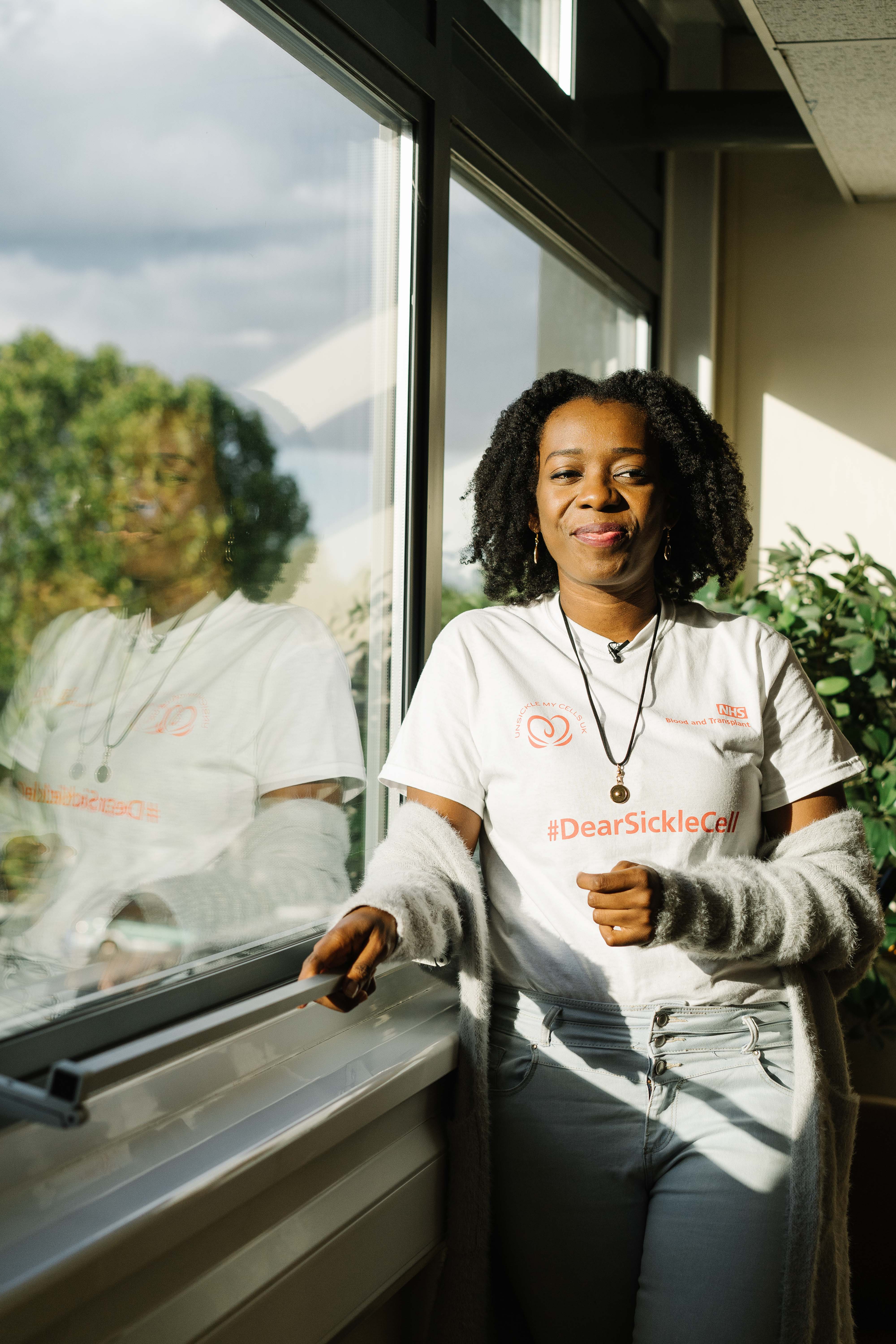Ro Centurion
Sixty-one-year-old Peter Jones, a retired civil servant from Southall, has donated blood 102 times, making him the leading Black donor of Ro subtype blood...
“I’ve met some people with sickle cell disorder,” says Peter.
“They have all said how important donations are.”
61-year-old Peter Jones, a retired civil servant from Southall, has donated blood 102 times, making him the leading Black donor of Ro subtype blood.
“I am sure all blood is in demand,” he says, “but I’m gratified to know that my contribution is important.”

Sickle cell disorder is the fastest-growing genetic disease in the UK and affects the shape of red blood cells, meaning they can get stuck in blood vessels and cause episodes of extreme pain. These episodes are known as crises and can cause other health issues – some life-threatening.
There are currently 14,000 people with sickle cell in the UK and 250 babies are born each year with the disorder.
Blood transfusions can help to prevent or relieve the symptom of sickle cell.
Peter started giving blood with work colleagues when he first joined the civil service more than 30 years ago, but learned more recently that he has the Ro subtype.
Peter feels he has volunteering spirit – although he does also like the biscuits afterwards.
The Ro subtype is a variation of the Rh positive blood type that only three per cent of blood donors have.

 It is, however, as prevalent in as much as 55 per cent of donors of Black heritage, making donors like Peter crucial to the wellbeing of people with sickle cell.
It is, however, as prevalent in as much as 55 per cent of donors of Black heritage, making donors like Peter crucial to the wellbeing of people with sickle cell.
Thirty-year-old Mary Adeturinmo is one of those people.
(Picture: "Donated blood helps me live life to the fullest," says Mary)
 Mary needs all her blood replaced by donor blood every four weeks. Since starting the treatment at the age of 23, she has experienced fewer crises.
Mary needs all her blood replaced by donor blood every four weeks. Since starting the treatment at the age of 23, she has experienced fewer crises.
Mary, an outreach officer for NHS Blood and Transplant, says: “Although many in the Black community are aware of sickle cell, it is not widely known that a transfusion is more successful when the donated blood is from someone with a similar ethnic heritage.
“Donated blood helps me live life to the fullest. For some sickle cell patients, it’s the difference between life and death. But we need more donations from the Black community to give us the best chance.”
Peter added: “Whatever your background, whatever your race or religion, I think giving blood is just a really good thing to do.
“If we have a diverse range of people donating it’s good for our whole diverse society. If you can, donate – it’s easy to do and it makes such a difference to people's lives.”
